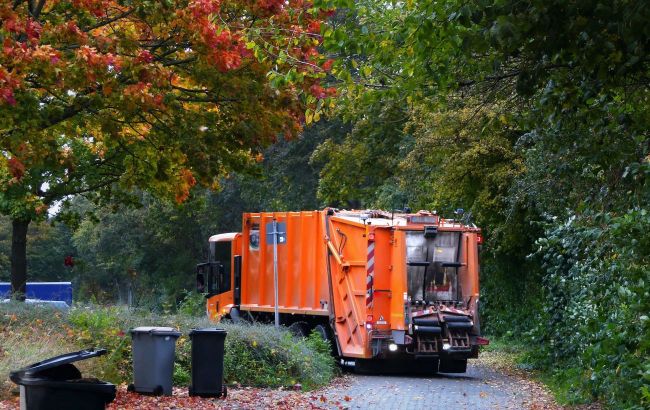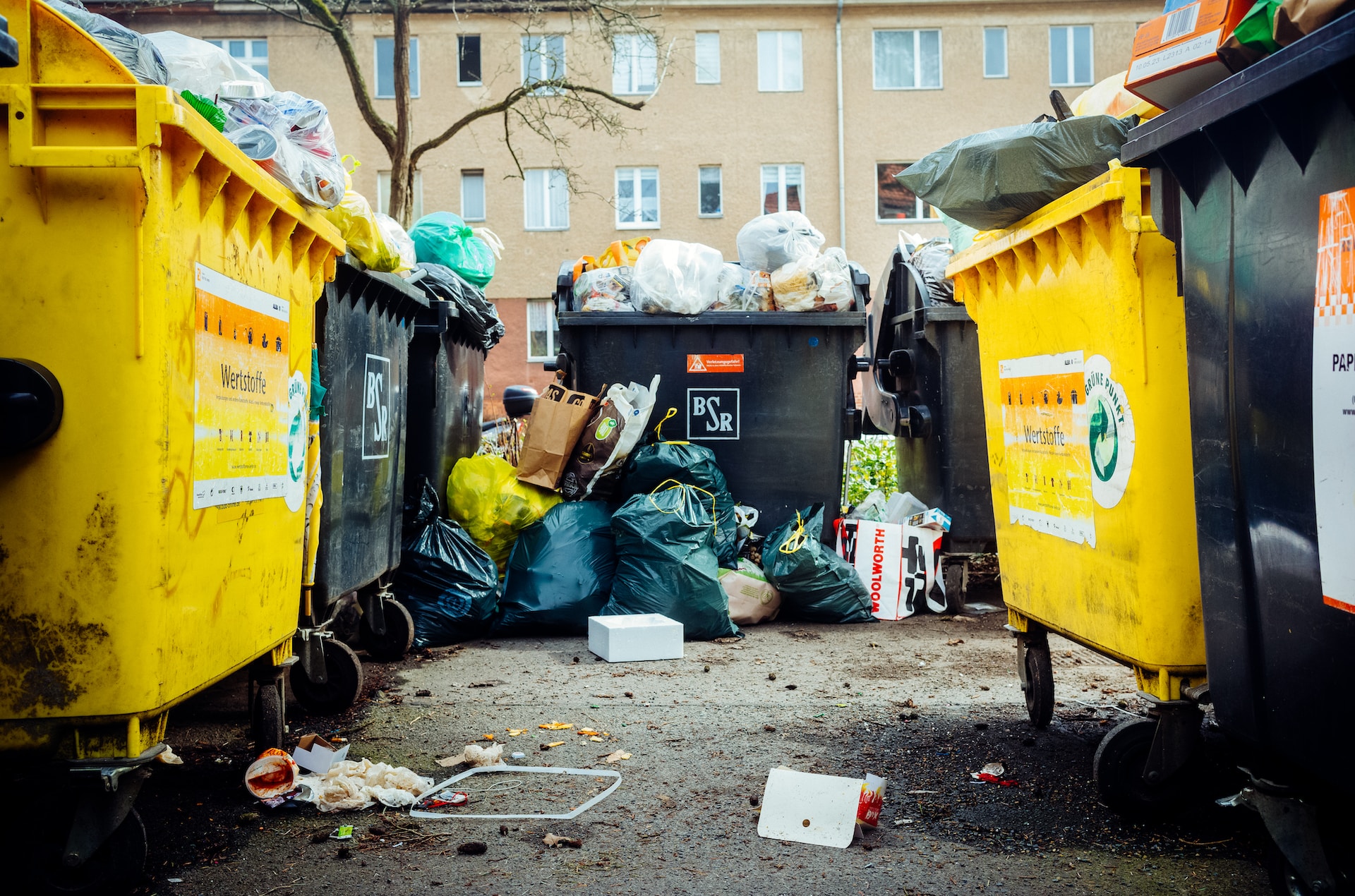Binding rule: How to sort different types of waste in Germany
 Garbage collection in Germany (unsplash.com)
Garbage collection in Germany (unsplash.com)
People who moved to Germany from other countries should be aware that waste sorting is mandatory in this country. Failure to follow the rules could result in a waste collection company refusing to pick up your containers, and in some cases, fines may be imposed.
RBC-Ukraine shed light on how waste is sorted in Germany, according to uahelp.wiki.
The colors and shapes of waste bins in Germany may differ in various federal states. Typically, the following waste categories are identified:
- Plastic (Plastik): Normally, plastic is disposed of in a red/yellow bin or one with a yellow lid. Bags for plastic waste are usually yellow or blue. This category includes plastic and metal packaging, films, canned goods, and Tetra Pak packaging for milk or juice. Items like polystyrene, CDs, batteries, and textiles should not be disposed of in this container.
- Paper (Papier): Paper waste is typically placed in a blue bin. This category includes paper, cardboard, magazines, newspapers, flyers, and clean cardboard boxes. Items like tissues, paper towels, and toilet paper should not be thrown in this container.
- Organic waste (Biomüll): Organic waste is typically disposed of in a dark green or black bin with a green lid. This container is only for biodegradable waste without packaging, such as food scraps, leaves, grass, and fruit and vegetable peels. Items like dead animals, ashes, skin, sand, rocks, and dirt should not be placed in this bin.
- General waste (Restmüll): General waste is typically put in a black bin. This category includes items that cannot be recycled or sorted into other bins.
- Glass: There is usually a special container for glass recycling, often located in a central area for multiple households. Glass is sorted by color: white, green, and brown. Do not dispose of ceramics, flower pots, Christmas decorations, or light bulbs in this container. Bottles should be placed without their caps, and they should be empty. Jars, honey pots, jam containers, and other residue should be rinsed before disposal. It is prohibited to dispose of glass waste on Sundays due to the potential noise disturbance for residents. Additional containers for cardboard are often placed near glass containers.

Photo: Garbage cans in Berlin (unsplash.com)
- Unwanted but wearable clothing and shoes are placed in special containers. Clothing is donated to charitable organizations and then distributed or sold at a minimal price. Torn clothing and shoes are discarded as general waste.
- Electronic devices such as televisions, computers, irons, vacuum cleaners, and other electronics are taken to special disposal sites. Sometimes, a fee is required to dispose of these items. Batteries and light bulbs should not be placed in regular bins; instead, special containers are typically located at supermarket entrances.
- Bulky waste (Sperrmüll): Bulky waste includes old furniture, electronic appliances, and other large items made of wood, metal, glass, or plastic. Construction waste is not considered bulky waste. Bulky waste is typically placed outside on specific days, and a special vehicle will collect it. To arrange for collection, you must submit a request to a local company responsible for waste removal, provide a list of items to be collected, and set a date. There is a fee for this service, which may vary depending on the type and quantity of waste. At the same time, residents from Eastern European countries often drive through the streets with their cars, picking up items that catch their attention. Some waste cannot be disposed of by placing it on the street and must be taken to a dedicated disposal site.
There are fines for street pollution, improper waste sorting, and not cleaning up after pets.

